Policy Proposal Project by University Students
- Last Updated:
Shaping the future of digital policy through the voices of young generation
Since fiscal year 2023, the Digital Agency has been collaborating with students on a research and policy proposal project aimed at envisioning the future of our digital society.
In order to improve the structure of society, it is essential to listen to the visions of young generation, who will shape the future of the world. The purpose of this project is to connect the unique ideas and perspectives of students with the policymaking process, fostering opportunities for collaboration and creativity.
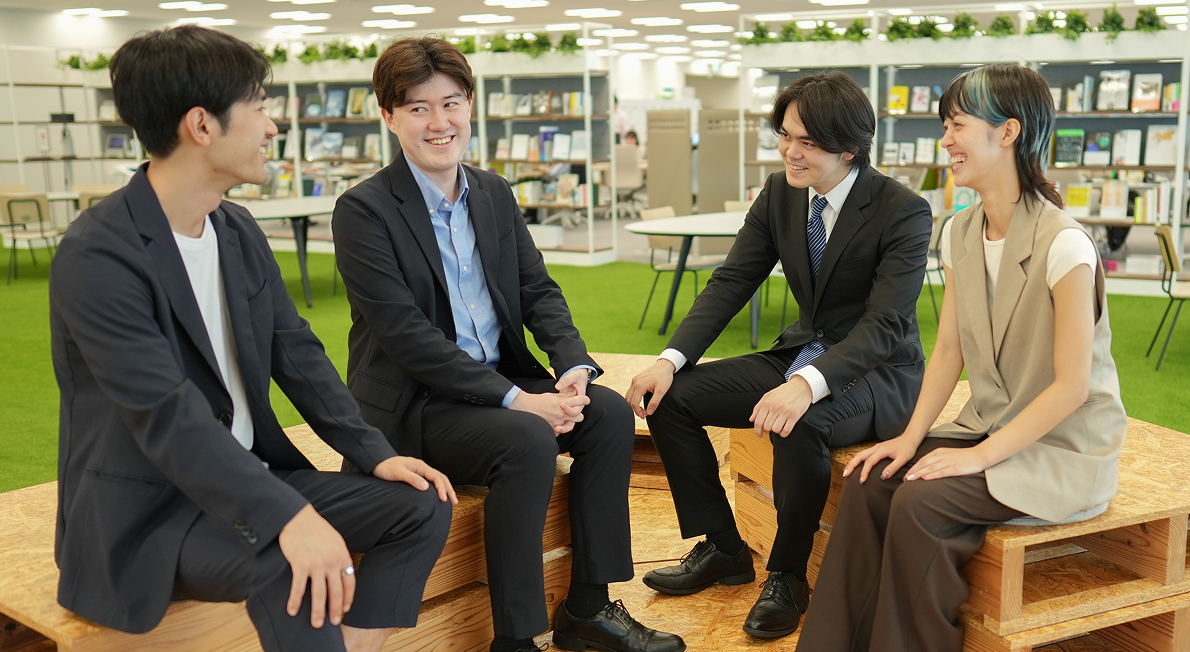
Participants in the project
The project involves university students studying in diverse fields, including public policy, economics, information and sociology.
By participating, students have the opportunity to explore social issues that they have been curious about but rarely discuss in class. Through discussions with the employees from the Digital Agency and experts from various fields, they collaboratively learn, investigate, and develop policy proposals.
Tomoki MATSUNO
Graduated from Harvard University in 2025 with B. S. in Environmental Sciences and Public Policy. He has an interest in Japanese energy security policies, focusing on hydrogen and liquefied natural gas (LNG). In 2022, he established the Harvard-Japan Policy Network (HUJNN), where he organizes lectures on Japanese policy issues. He also conducts research in collaboration with national and local governments, including the Digital Agency. He was born in Ibaraki Prefecture, Japan.
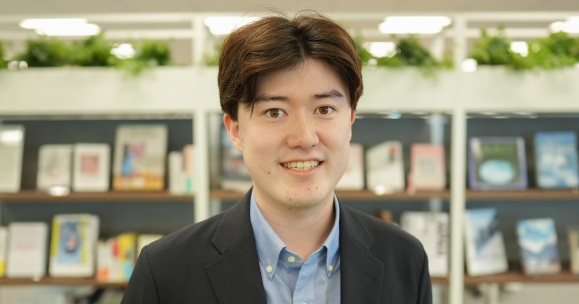
Anna UMEDA
A third-year student at Harvard University, majoring in sociology and East-Asian studies. Her interests include gender issues, IT policy, and colonial history. Growing up in Tokyo with a Japanese mother and a Swedish father, she has spoken English, Japanese, and Swedish since childhood. Making use of her multicultural background and language skills, she aspires to be involved in international policy advocacy in the future.
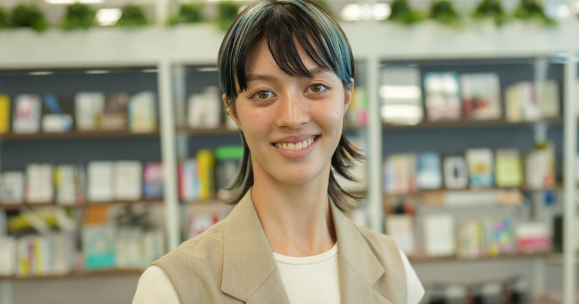
Katsutaka SUZUKI
In the spring of 2025, he completed both his bachelor's and a master’s degree in computer science and bioengineering at the University of Cambridge. In the fall of same year, he will begin his Ph.D. program in Biological AI at Max Planck Institute. He is interested in the development of laws related to the social implementation of technology, which is why he participated in this research. He was born in Saitama Prefecture, Japan.
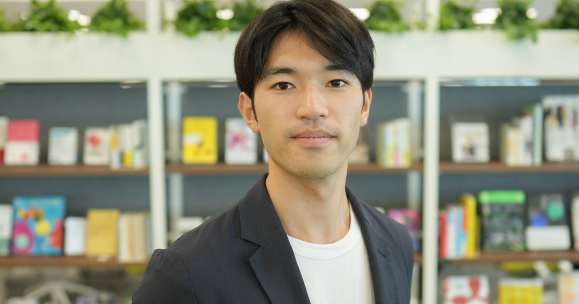
Koki SHIMAMUNE
A third-year student at the University of Cambridge, majoring in Economics. He is interested in politics and government administration and has gained experience through an internship at a Diet member's office. He took over a project from Suzuki, his high school senior, and currently serves as the project leader.

Policy themes to be addressed
Students select research themes related to future lifestyles and policies based on "issues that can only be recognized from a user’s perspective". These themes are drawn from the pillars outlined in the "Priority Plan", which is decided by the Cabinet each year.
Research and study in the fiscal year 2024
- The issue of digital divide (Harvard University) (Japanese text)(PDF / 889KB)
- How can the Digital Agency support young generation in acquiring digital literacy on a global scale?
In this research, in order to address the digital divide among young generation in the digital age, they analyzed the human resource development policies of governments in various countries and examined mechanisms for independent skill acquisition that Digital Agency can collaboratively implement for young generation in Japan.
- How can the Digital Agency support young generation in acquiring digital literacy on a global scale?
- University Entrance Examination × Digitalisation (Cambridge University) (Japanese text)(PDF / 884KB)
- What would happen if My Number Card is used for university admissions procedures? How does this new system balance convenience and fairness?
This research analyzed international case studies to address the digital divides in Japan's university application system, which remains analog, complicated, and intricate compared to those in other countries. Based on this analysis, we developed a prototype for a nationwide unified online application platform that utilizes My Number Card and other digital tools.
- What would happen if My Number Card is used for university admissions procedures? How does this new system balance convenience and fairness?
Research and study in the fiscal year 2023
- How does data change policy? How to effectively implement an EBPM (Japanese text)(PDF / 962KB)
- How does Evidence-Based Policy Making (EBPM) change policy making?
Through a comparative study of EBPM cases in various countries, this research provided concrete analysis and recommendations on the framework needed to promote EBPM in the Digital Agency.
- How does Evidence-Based Policy Making (EBPM) change policy making?
- Algorithmic Digital Divide at the University of Cambridge (Japanese text)(PDF / 670KB)
- Thinking about the current state of the digital divide and measures to achieve "Digital society where no one left behind".
This research focuses on algorithms, which are one of the new causes of the digital divide, and compiles policy recommendations for the Digital Agency based on an international comparison and analysis of transparent standards for the use of algorithms in government decision-making.
- Thinking about the current state of the digital divide and measures to achieve "Digital society where no one left behind".
Project activity report
On August 28, 2025, four students visited the Digital Agency to hold a discussion with Mr. Kishi, the Parliamentary Vice-Minister for Digital Transformation, reflecting on the progress made in research over the past two years. They shared their findings to date and presented positive proposals for future activities. In response, Parliamentary Vice-Minister Kishi emphasized the importance of continuing collaborative efforts between the younger generation and the Digital Agency, while also considering how to implement the international insights gained through these initiatives in Japan.
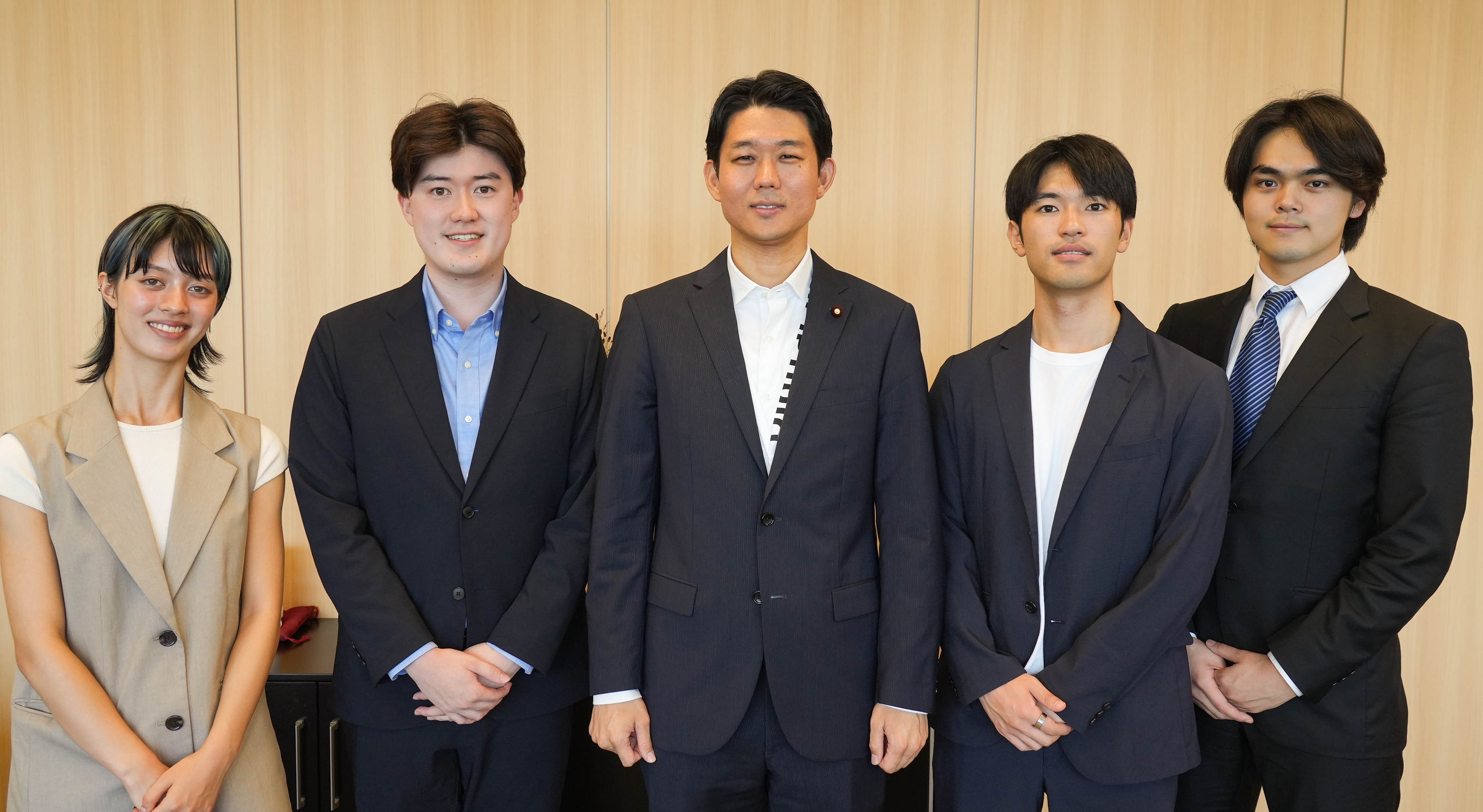
Interview Video
Vision for future collaboration
Digital Agency plans to expand the scope of this project in the future to explore important societal themes in Japan. These themes include the use of AI, the handling of personal data, and the design of digital public services, all from the perspective of the younger generation.
We encourage students to embrace the challenges that will shape the future of society. Instead of thinking, "It's too early because I'm a student," consider that "There may be insights that only a student can provide."
Inquiry
Digital Agency Research and Planning Team
Contact Form